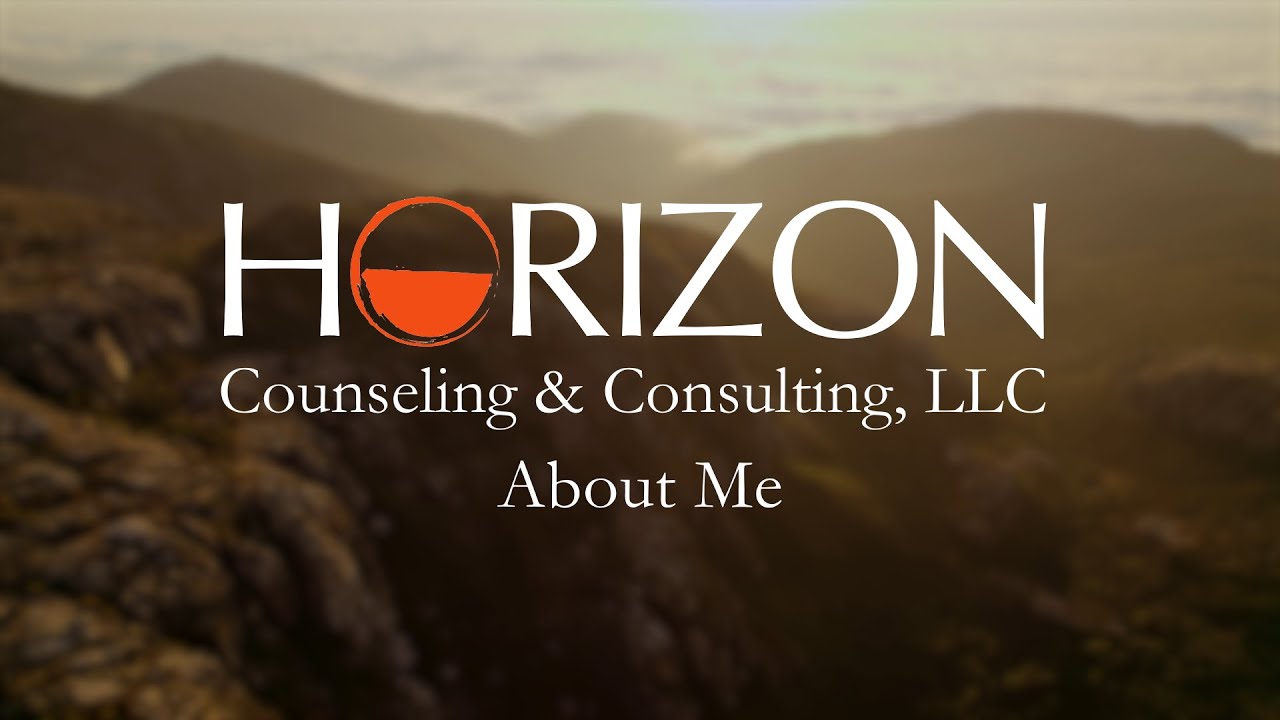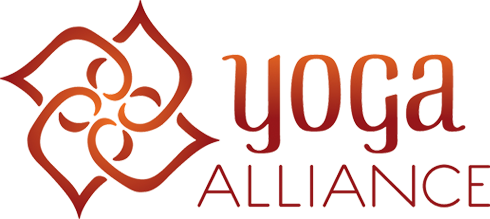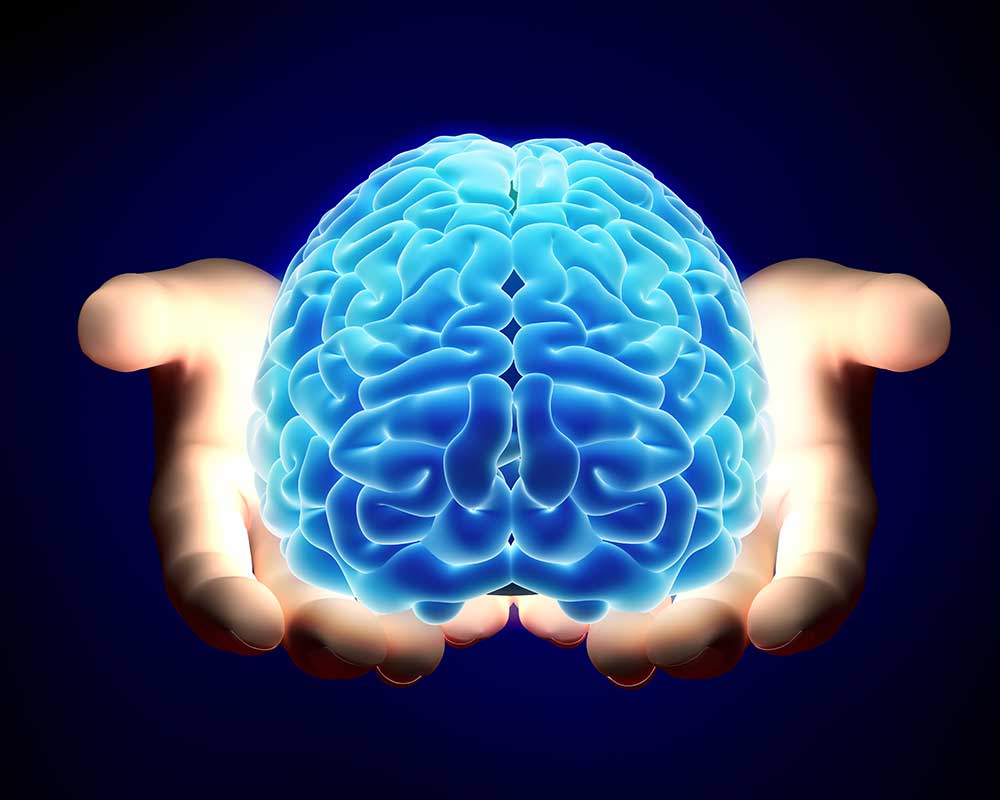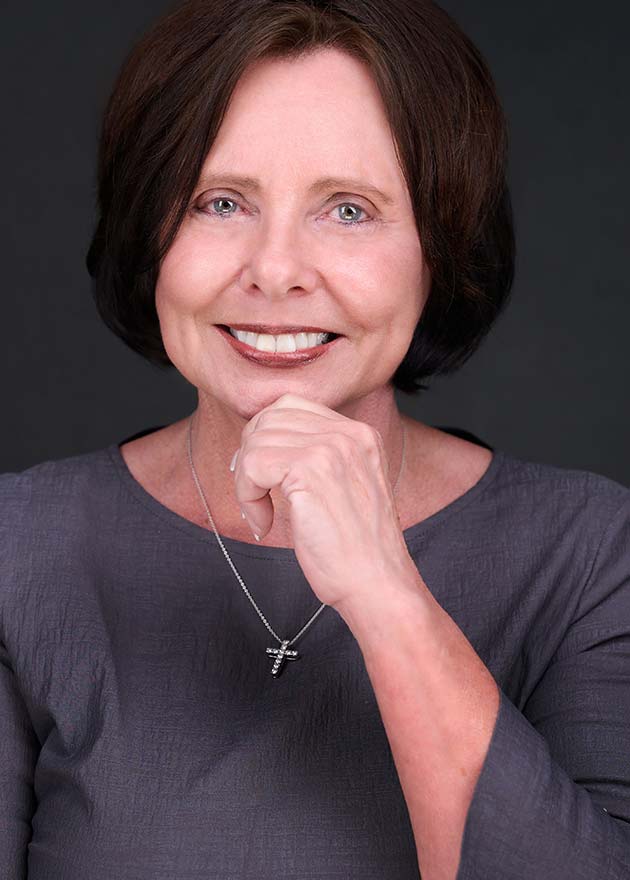Meet Barbara Carlin
It is important to convey our values and what makes Horizon Counseling and Consulting distinctive. It is our belief that to the extent we know and understand our values, is the extent that we will impact our profession and our work with clients. Our core values represent a model of best practices and how we conduct ourselves on a daily basis.
Our Mission and Values
Our mission at Horizon Counseling & Consulting is to provide professional, competent counseling, to inspire our clients and offer encouragement and hope.
It is important to convey our values and what makes Horizon Counseling & Consulting distinctive. It is our belief that to the extent we know and understand our values, is the extent that we will impact our profession and our work with clients. Our core values represent a model of best practices, and how we conduct ourselves on a daily basis. We are:
Christ Centered – while providing solid, psychological treatment, is implemented with a genuine commitment to Christ and appreciation for the work God is capable of doing in peoples lives.
Morally and Ethnically Bound – guided by the professional codes of ethics from the American Counseling Association, the National Board of Certified Counselors, the rules of the Georgia Composite Board of Professional Counselors and Georgia Law for Professional Counselors.
Directed by Integrity – our commitment to serving clients with their best interest in mind is our highest priority at all times. Privacy and confidentially are protected.
Consistent Pursuit of Excellence – services are provided by a professionally trained Counselor from a fully accredited graduate school, where state licensure, national certification and continued learning are required to provide exceptional and expert therapy that our clients deserve.
Committed to Teamwork – through networking with a select group of professional mental healthcare providers in the Atlanta area, resources to help meet client’s needs are available.
Relational – often times what is remembered by people is not what we did, but how we made them feel. The therapeutic relationship is like none other. Through gentle appreciation and mutual respect, the client and counselor collaborate to uncover obstacles to growth and healing. As they journey together, the client finds healing for the past, wholeness for the present, and a vision for what may be possible for the future.
Balanced – we seek to integrate behavioral sciences and essential truths of Christian faith. Additionally, we embrace, cultural sensitivity, and relevancy.
How We Work
-
Narrative
-
Internal Reflection
-
Creative Expression
-
Faith and Spirituality
-
Somatic Therapy
-
Holistic Approach
-
Compassionate Based Cognitive Therapy
-
Psychodynamic Therapy
About Barbara Carlin
Barbara Carlin is owner of Horizon Counseling and Consulting LLC, located in the Metro Atlanta area. As a Licensed Professional Counselor and National Board Certified Counselor, she takes satisfaction in working with individuals, groups, and conducting workshops. She often is invited to speak on a multitude of topics related to mental health and personal well-being. She is a RYT 200 with Yoga Alliance and has a passion for mind-body-spirit practices from a Christian perspective.
Barbara received her BA in Education and Fine Arts from Upsala College – a small private liberal arts college outside of New York City. For 30 years, she involved herself as an educator, writer, and teacher of women’s studies. She earned her MA in Counseling Psychology, with an added specialization in Spiritual Integration, at Richmont Graduate University. Additionally, Barbara is a certified Trauma Resolution Therapist. Her training and experience are extensive, as she proclaims to be a life-long learner and values continuing education.
Barbara is a member of the American Counseling Association, American Association of Christian Counselors, Christian Association of Psychological Studies and Licensed Professional Counselors of Georgia.
Barbara shares her life with Robert, her best friend and husband. They have a grown son who is also happily married to their daughter-in–love, with two amazing grandchildren! She has an ardent love for the arts, nature, yoga, reading, and cooking for people who consider themselves “Foodies”. Most of all she is eternally grateful for the love relationship she has with her Lord and Savior Jesus Christ.













